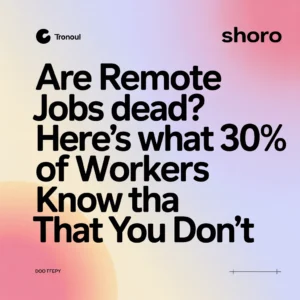When artificial intelligence first rolled out to the masses in late 2022, writers flocked online to test ChatGPT as a brainstorming partner, idea generator, or just a curiosity. Soon, the serious questions started: what happens when robots start writing stories, poems, and whole novels? In September 2024, NaNoWriMo, the world’s most famous month-long writing challenge, sparked a heated conflict over those very questions—one that ended in a storm of outrage, resignations, and calls for change throughout the writing world.
NaNoWriMo and the AI Debate That Lit a Fire
For 25 years, National Novel Writing Month (NaNoWriMo) has gathered hundreds of thousands of people every November to attempt the daunting: write 50,000 words of a novel in just 30 days. But as AI writing tools burst onto the scene, writing communities everywhere started grappling with the same issue—should AI have a place at the creative table, or was it crossing a red line?
Last September, NaNoWriMo leadership responded to mounting questions about bots in their event with a long FAQ post. Their answer kicked off a firestorm. The organization described any outright ban on using AI for the challenge as “classist” and “ableist.” Their logic: for some participants, especially those with disabilities or limited resources, using AI would be like getting needed help from an assistant or an accessibility tool.
Instead of outright rejecting AI, NaNoWriMo tried to frame the conversation as a matter of accessibility, equity, and inclusion. This argument positioned AI not as a competitor to writers, but as a tool that might level the playing field. NaNoWriMo’s statement made it clear—they weren’t going to join the growing chorus of organizations banning or condemning AI outright.
The Creative Community Pushes Back
It wasn’t just a few grumpy tweets—the response was swift, organized, and powerful. Writers, many of them published authors and longtime NaNoWriMo supporters, saw the organization's stance as a betrayal.
Participants took issue with the use of social justice language to defend AI, a technology many believe threatens the very heart of human creativity. Social media filled with threads accusing NaNoWriMo of “AI-washing” ethical debates and ignoring real concerns about plagiarism, copyright, and the value of genuine creative struggle.
Within days, the backlash escalated further. Four board members—volunteers and long-serving part of NaNo’s leadership—publicly resigned. At least one major sponsor also pulled funding from the non-profit, citing the controversy.
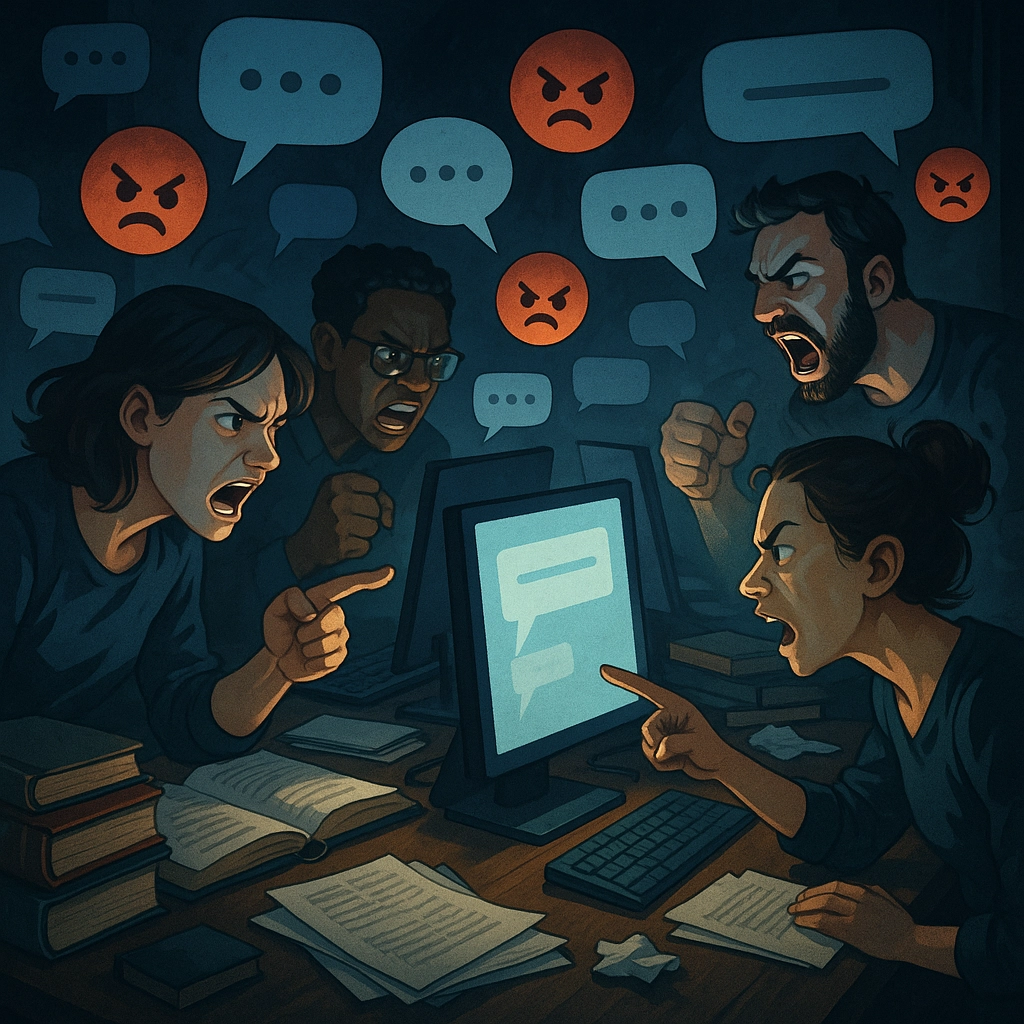
Why Are Writers Upset About Bots in the First Place?
For most writers, AI isn’t just a software tool—it’s a symbol of the digital era’s complicated relationship with creativity:
-
Artistic Integrity: Many authors argue that creative work should come from lived experience, imagination, and that mysterious human spark. Allowing AI, which ingests and remixes the work of thousands of human writers without permission, feels like cheating or even theft.
-
Copyright and Ethics: The datasets training AI models often include copyrighted stories, articles, and books. Writers worry their work is being scraped, analyzed, and reassembled by LLMs without any consent or compensation.
-
Livelihood and Identity: The idea that robots might begin producing novels, scripts, or even poetry threatens the careers of creative professionals and the meaning they find in their work.
For people who participate in NaNoWriMo for the love of the art, the challenge is about pushing oneself—not simply hitting a word count by any means necessary.
Accessibility vs. Authenticity — Is There a Middle Ground?
NaNoWriMo’s leadership wasn’t completely tone-deaf to the pushback. Their public FAQ clarified that their defense of AI was meant to defend people with disabilities or those who couldn’t afford “real” assistants. By saying a blanket ban would be “classist” and “ableist,” the organizers pointed to a real problem: certain writers need accommodations, and for them, AI could be a useful equalizer.
But for many critics, that answer felt inadequate. Writers asked if opening the door to all AI-generated writing (not just small-use assistive tools) risked undermining the value of the challenge—and the legitimacy of the community’s standards. Some even accused NaNoWriMo of weaponizing accessibility language to dodge the real debate.
Others pointed out that legitimate accessibility tools—like speech-to-text software or editing aids—are fundamentally different from generative AI that can output thousands of words in a similar style to best-selling authors.
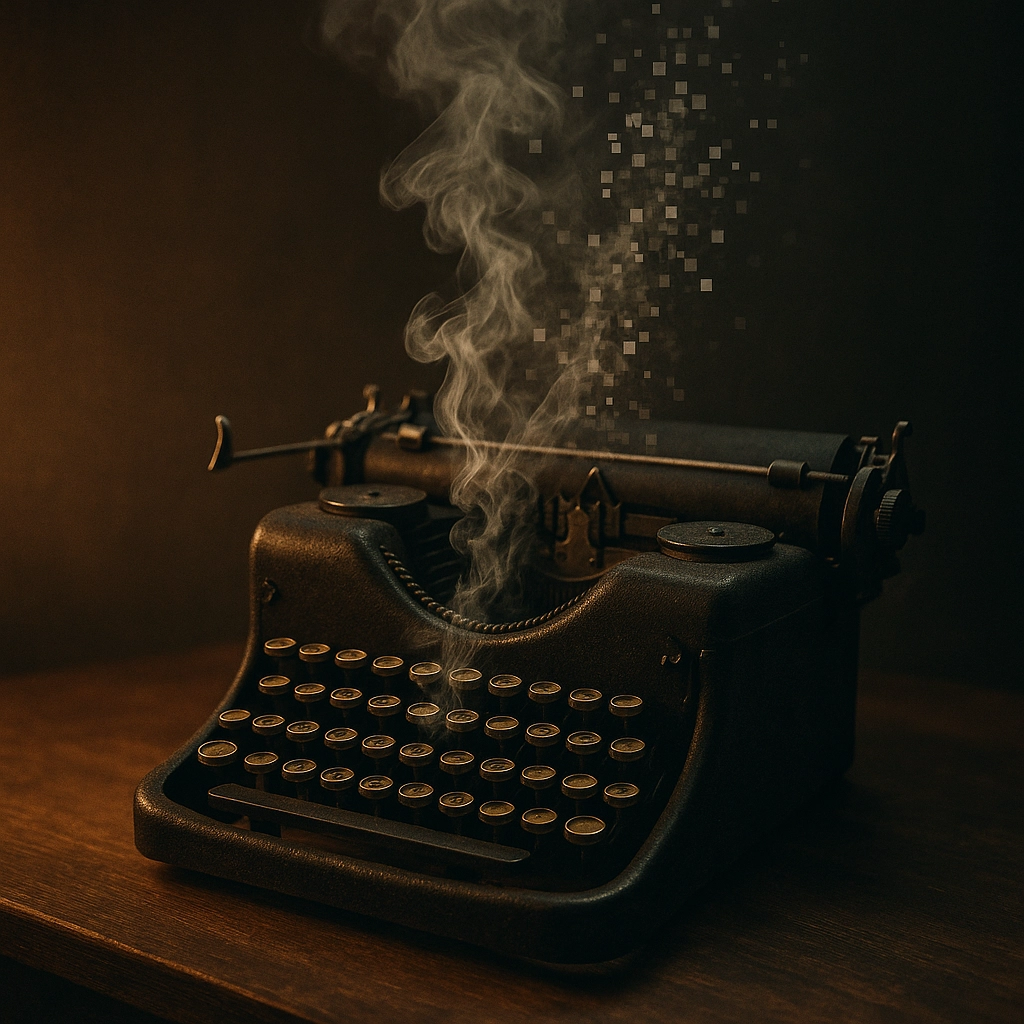
Fallout: Resignations, Sponsors, and The Road Ahead
The resignations made national headlines in writing communities and beyond. Former board members issued public statements calling NaNoWriMo’s defense of AI “shocking,” “misguided,” and “out of touch” with the values of the community they helped build.
Online, some writers have vowed to boycott the 2025 challenge, while others are pushing for a community-led alternative that prioritizes human creativity. At least one major sponsor, a digital publishing platform, announced an end to its partnership with NaNoWriMo and redirected funds to organizations with a stricter no-AI policy.
Meanwhile, NaNoWriMo’s leadership has stood by their decision, insisting that their aim remains promoting inclusion and creative joy for all participants. Privately, however, reports suggest the organization is scrambling to mend fences with its base and reconsider how it communicates about emerging tech.
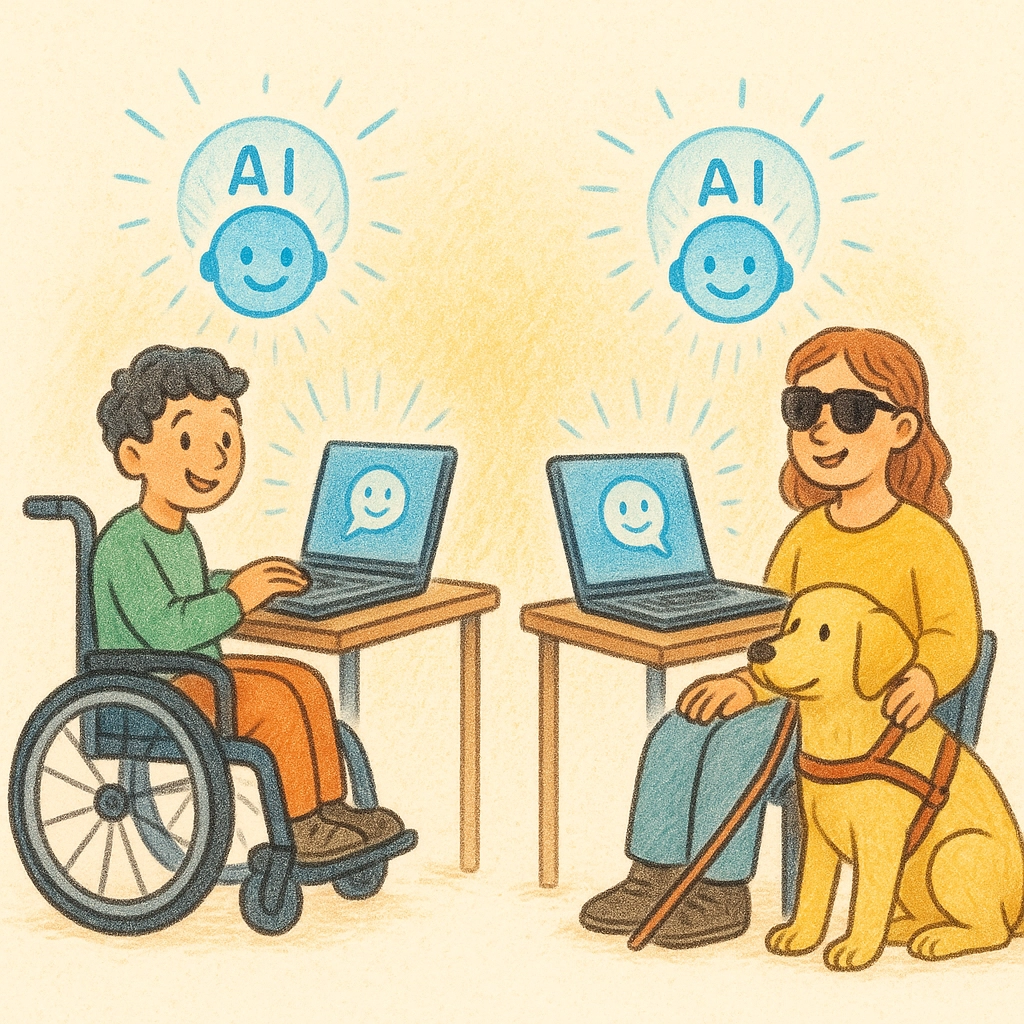
The Bigger Picture: AI Backlash Grows in Creative Industries
The NaNoWriMo scandal wasn’t an isolated event. Since 2022, creative sectors from screenwriting to illustration have been rocked by rolling controversies over AI. The 2023 Hollywood writers’ strike saw unionized TV writers fighting for protections against studios using bots to replace them. Major book publishers and visual artists have filed lawsuits demanding AI companies stop training their models on copyrighted material without permission.
There’s even a new “No Gen AI” movement—creators who explicitly label their work “AI-free” as a badge of honor and an assurance to fans seeking authenticity. Supporters argue that just like people choose organic food to avoid mass-market agriculture, they want “organic” art and stories created by real humans, not algorithms.
What’s Next for Writing—And AI?
NaNoWriMo’s story is one chapter in an ongoing saga. Some tech advocates maintain that, like spellcheck or Google Search, generative AI will eventually just become another tool, seamlessly woven into how humans create. Others argue that authorship, originality, and creative struggle are values too important to brush aside in favor of speed and convenience.
What’s certain: creative communities everywhere are hashing out these questions in public view, deciding not just what tools to use, but what kind of storytelling future they want.
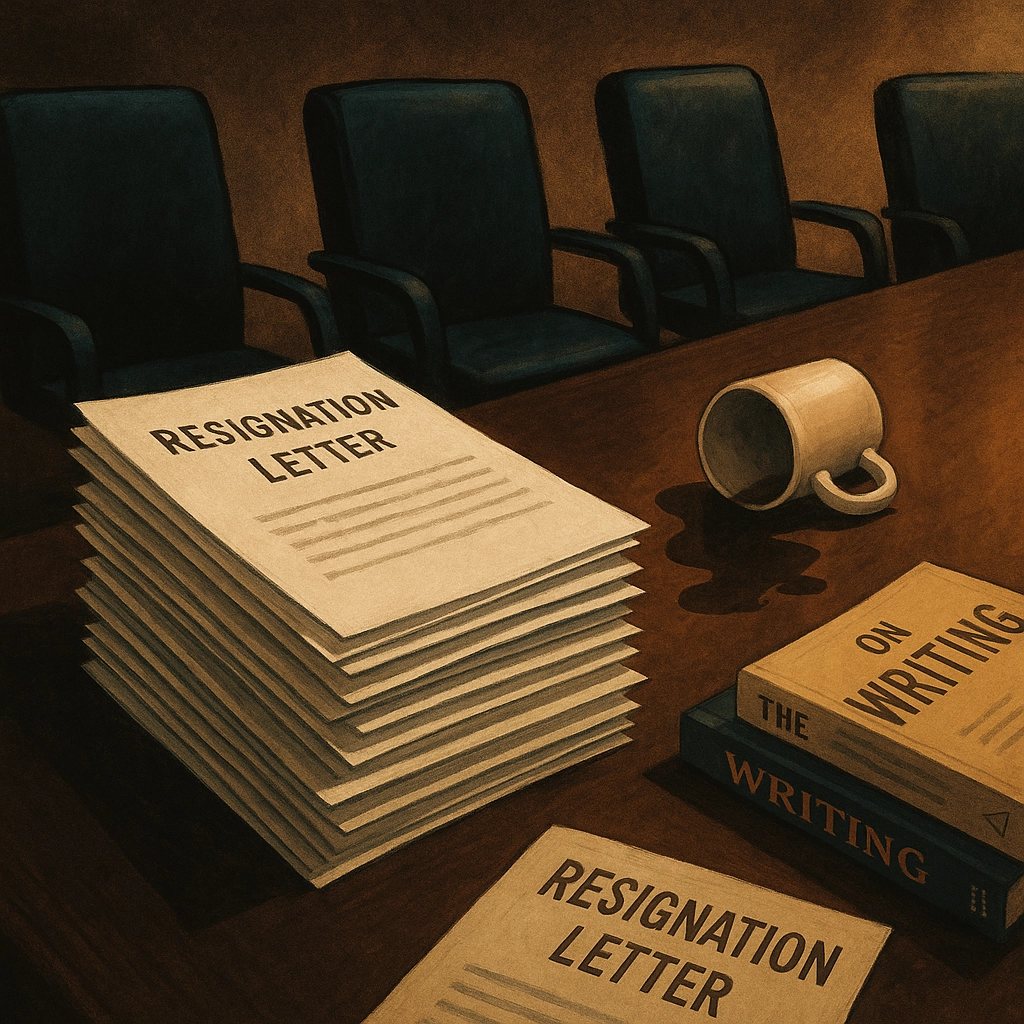
Whether you write your next novel solo, with an AI sidekick, or using tools designed only for accessibility—every November, the debate gets a little louder. The virtual ink is far from dry on how AI and human creativity will coexist. Stay tuned.
[If you liked this post, stick around for more Reddit-backed trending topics from the crossroads of tech and community—no bots needed (or are they?).]



